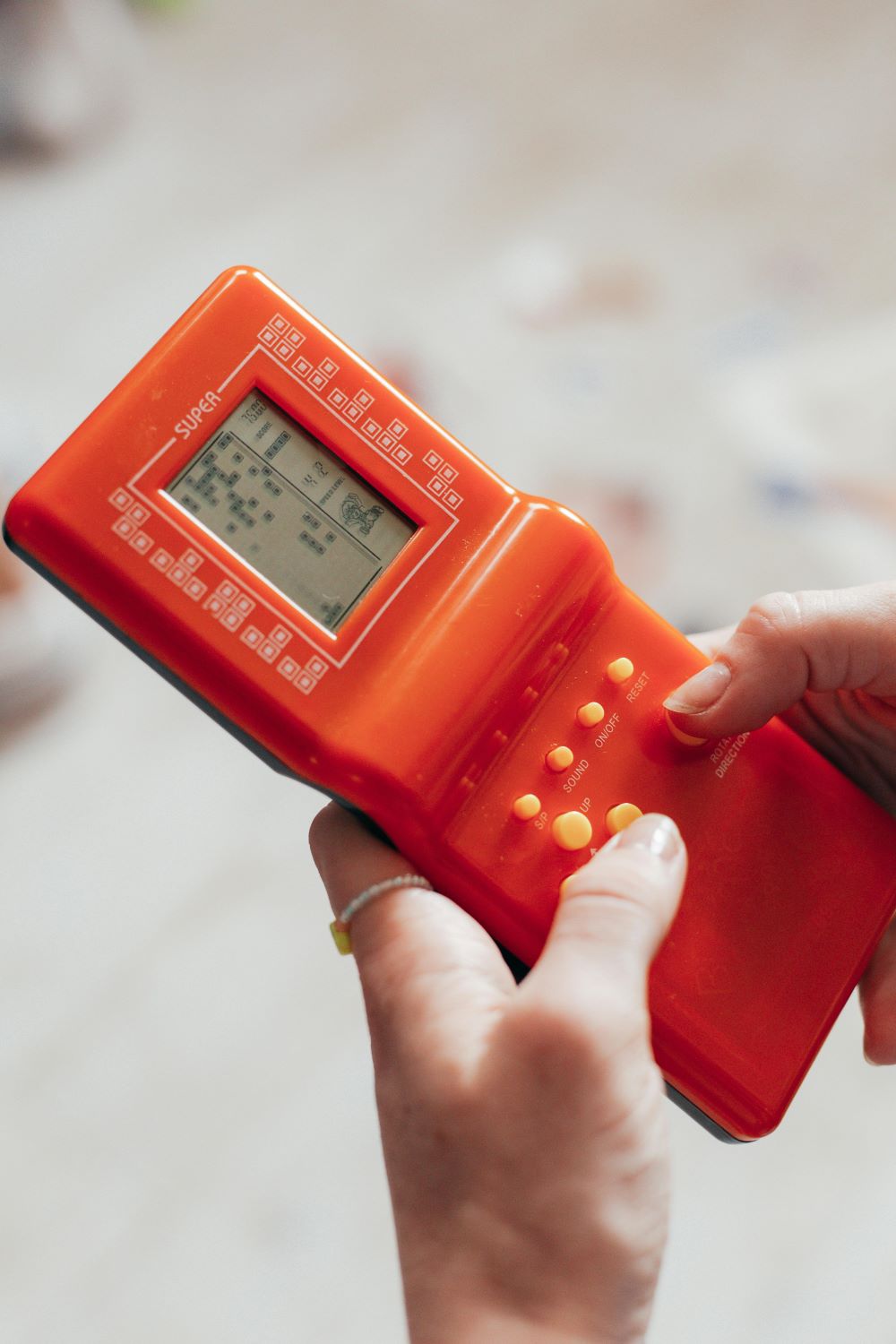The 1980s video game proves to make a notable difference with intrusive memories.
A recent study led by researchers at Uppsala University has uncovered promising results for a simple yet effective intervention in alleviating symptoms of post-traumatic stress disorder (PTSD). The research, published in BMC Medicine, focuses on the use of video games, particularly the well-known Tetris game that has been around for decades, to help reduce intrusive memories, a core and sometimes debilitating symptom of the condition.
PTSD is often marked by intrusive, distressing memories or flashbacks, where individuals vividly recall traumatic events as if reliving them. These flashbacks can be debilitating, affecting a person’s overall mental health, sleep, concentration, and ability to engage in daily activities. Traditionally, treatments for PTSD involve therapy sessions, including cognitive behavioral therapy (CBT) or exposure therapy, often requiring multiple appointments with a trained clinician. However, this new research introduces a simpler, much less pricey intervention that individuals can easily access at home.
The study involved healthcare workers who had been exposed to traumatic stress while working on the frontlines during the COVID pandemic. The researchers were particularly interested in how a single session of guided treatment, including the game Tetris, could substantially reduce the frequency and severity of flashbacks.
Emily Holmes, a professor at Uppsala University and leader of the study, expressed optimism about the findings, stating, “It is possible to reduce the frequency of unpleasant and intrusive memories of trauma, and thereby also alleviate other PTSD symptoms. With just one guided treatment session, we saw positive effects that persisted after five weeks and even six months after treatment.”

The Tetris-based treatment leverages a concept known as “mental rotation,” a cognitive task central to the gameplay of Tetris. In the game, players must mentally rotate and manipulate different-shaped blocks to fit them into a grid. The visual engagement and mental task of manipulating these shapes require significant cognitive resources, which, according to Holmes and her colleagues, “can disrupt the brain’s ability to replay intrusive memories. This distraction prevents the trauma-related flashbacks from becoming deeply ingrained.”
To test their theory, the researchers recruited 164 participants. All of them were healthcare professionals who had been exposed to traumatic experiences during the pandemic. The participants were divided into two groups. Both groups were asked to monitor their intrusive memories for one week, noting the frequency of flashbacks. Afterward, one group was asked to engage in a visual task—playing Tetris—while the control group participated in a non-visual task, such as listening to the radio.
The results were striking. At the beginning of the study, participants experienced an average of 15 flashbacks per week. Five weeks after the intervention, those in the control group, who had not engaged in the visual task, still experienced about five flashbacks per week. In contrast, the group that played Tetris game reported an average of just one flashback per week. Even more surprising, the benefits of the treatment persisted for months. Six months later, the group that played Tetris continued to show a significant reduction in the overall severity of PTSD symptoms. In contrast, the control group saw less improvement.
The effectiveness of the Tetris intervention was measured using the PTSD Checklist for DSM-5 (PCL-5), a widely recognized tool for assessing PTSD symptoms. The Tetris group showed almost half the PTSD symptoms compared to the control group. This result points to the potential of such a brief intervention as a valuable tool for early treatment.
The study also introduced the concept of a “cognitive vaccine,” a tool that could be used in the aftermath of trauma to prevent the onset of more severe PTSD symptoms. Much like how vaccines are used to prevent physical diseases, Holmes envisions a future where mental health tools, like the Tetris-based intervention, could be administered after traumatic events to prevent the development of PTSD.
This easy, innovative approach offers new hope for individuals struggling with PTSD, suggesting that even brief, targeted interventions can offer meaningful and lasting improvements.


Join the conversation!